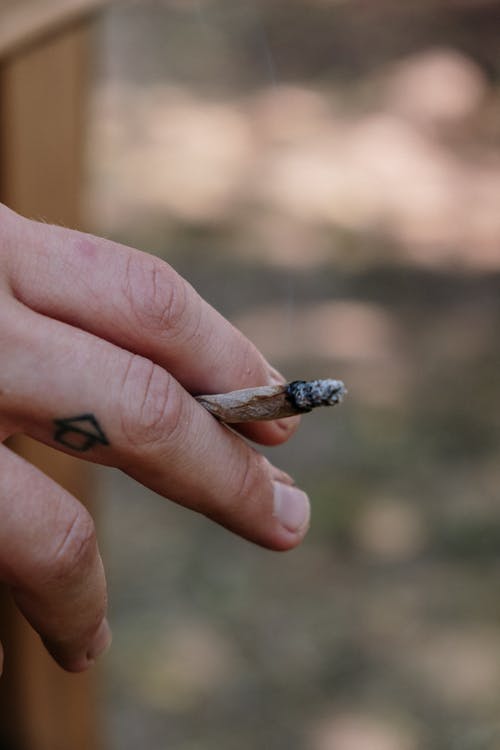It can be difficult for parents or caregivers to realize that their teenager is struggling with addiction, and this can be more painful when they realize it happened right under their nose.

Some of them might also be at a loss on how to help their addicted teenager, especially when they don’t know anything about addiction. In this post, you will learn how you can be a support system when your teenager is struggling with addiction.
Avoid criticizing your teenager
One of the mistakes that some parents make when they discover that their teenager is addicted, is to criticize them. It is important to know that harshly criticizing your child because of their addiction cannot help them get better.
You need to understand that their addiction was a result of various factors, some of which were not under their control. Hence, approach your teenager with love instead of blaming them for their addiction.
Support them to go through with treatment
When it is time for your teenager to begin addiction treatment, be sure to encourage them. Let them know that they can defeat addiction and become sober again. If some of them do not know what addiction means, explain the basic concept to them.
Clear out triggers in their path
As a parent or caregiver, you need to learn about the factors that can trigger your child’s addiction. And it is vital to know this before your teenager becomes sober.
For instance, you might have to be extra vigilant about the kind of friends they hang out with, the movies they watch, the events they attend, etc. When you learn more about these triggers, it would help you prevent your teenager from relapsing.
Attend some sessions with them
During addiction treatment, there are some group sessions that people can attend with their addicted loved ones. The primary essence of these sessions is to show your support and care to your teenager. And to understand what they are going through so that you will know how best to come in.



